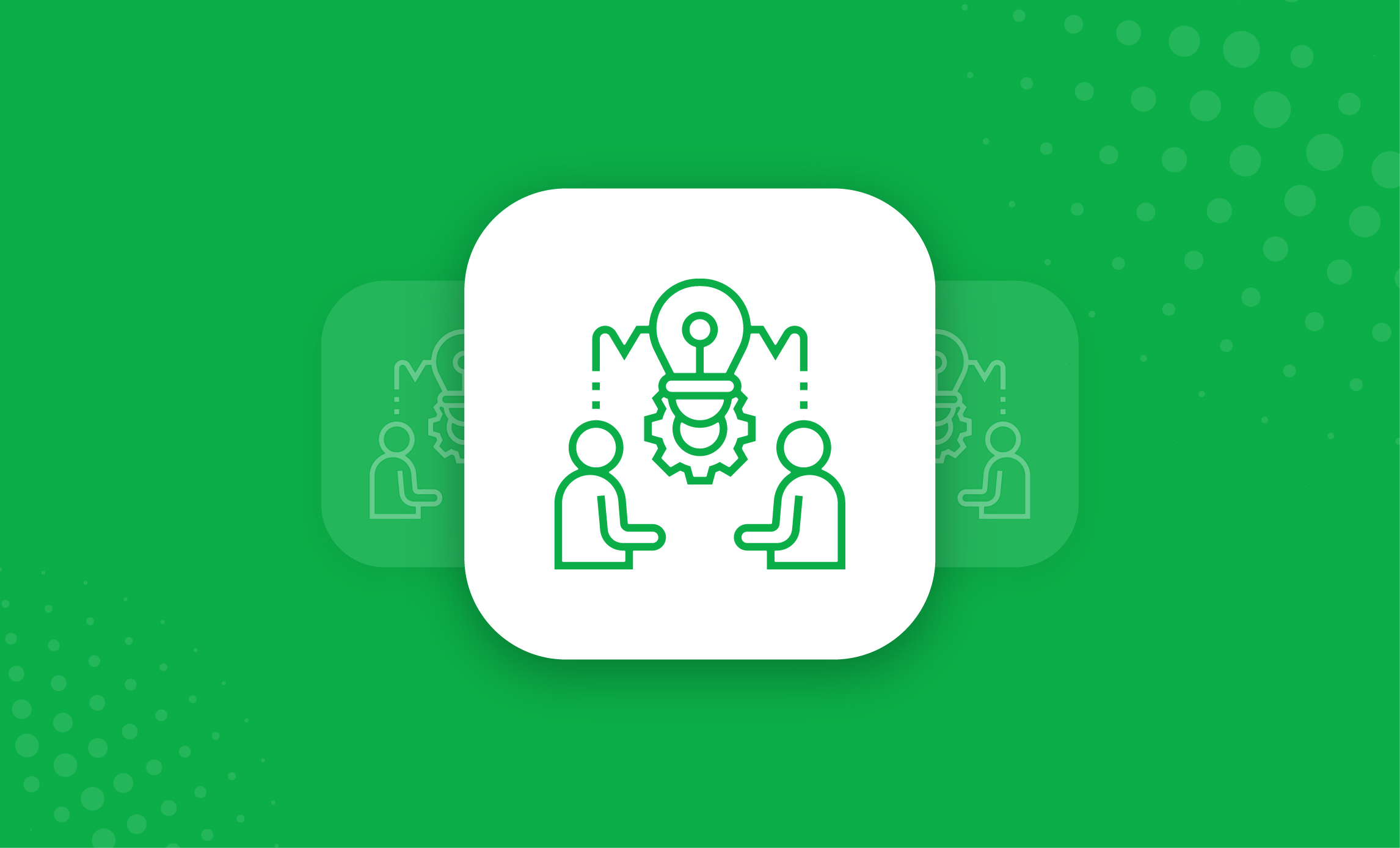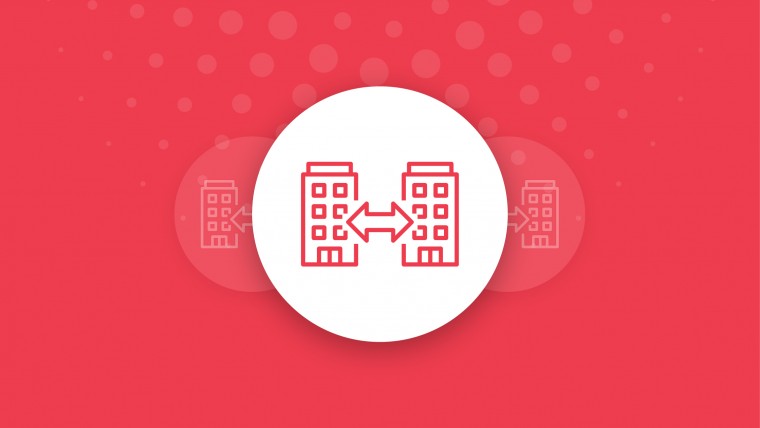Neuroscience revealed that, technically, our brains are not capable of multitasking. In fact, we just switch between tasks and never do two tasks simultaneously. However, project managers are required to multitask. Project managers usually have a lot on their plates, handling teams and sub-teams, overlapping responsibilities, risks, different stakeholders and they cannot dedicate themselves to one task.
For project managers, not all the project tasks are sequential, that’s why it is essential to differentiate the concept of multitasking in project management and the same idea in neuroscience. In neuroscience, scientists usually refer to the mental focus. We agree that you – as a successful project manager – need to keep your attention on the task at hand; however, you also have the agility to switch between functions according to the project plan.
In this article, we share with you five strategies to become a master multitasker and increase your performance without burning yourself out
ELIMINATE NOISE AND INTERRUPTION
Not all tasks are legitimate and worth dedicating your time and energy. When we say noise, we mean the sound noises that enter our ears uninvited. Sounds we hear from the ambient environment may distract our focus and hinder our productivity. The same applied to interruptions. Here are some tips to eliminate noise and interruptions:
- You might consider implementing some sound-cancelling techniques such as having special headphones.
- To eliminate interruptions, consider working in a quiet space during specific hours of the day.
- Let your team and colleagues know that they can call you or drop by your office during specific periods.
- Assign specific times to check your emails, advisable, one hour in the morning and one hour later at the end of the day.
- Stop all notifications. No need to activate notifications from the CRM application or your PM application. Let all these notifications go to your inbox and deal with them during the email checking timeslots.
TIME-BLOCKING OR TIME-BOXING
Project managers are a failure with the concept of time-boxing when they allocate a non-negotiable timeframe for specific tasks. You can apply the same to your daily schedule and create some sort of a daily routine. By blocking certain hours in the day to particular activities, you will avoid the burnout that is associated with the evil version of multitasking. Here are some tips:
- Consider blocking those hours on your shared calendar as busy, this way, your team and colleagues will be able to identify the times you are free and book meetings.
- Activate your voicemail during blocked hours to eliminate interruptions.
- Start your workday by dedicating a time block to planning and prioritizing.
- Make your time blocks non-negotiable.
USE THE PRIORITY MATRIX
Priority Matrix or Eisenhower Matrix is a tool that President Eisenhower used to use to prioritize tasks and issues he needed to handle according to two criteria: urgency and importance. During your daily planning time-block, use the matrix to categorize everything you need to do during the day. Delete non-urgent, non-important tasks; delegate the urgent non-important tasks; plan the important non-urgent tasks, and do the urgent and important tasks. This simple tool can save you time and effort trying to deal with all tasks as if these tasks of the same degree of importance and urgency.
PLAN WELL TO EXECUTE WELL
In project management, planning is crucial to the success of the project. A well-planned project is less likely to face scope creep, conflicting priorities and the need for adjustments. During the planning phase, try to think and list all the details and all the possible scenarios. Document all project aspects and add safety margins as necessary. Proper planning will streamline all tasks.
COMMUNICATE EFFECTIVELY
Your success as a project manager depends on your communication skills. Work on your skills to convey explicit messages to your team and stakeholders to avoid misunderstanding and the need to repeat giving the same instructions. Consider your written communication style and assess if you need to change the way you write your emails or reports. Also, consider using the suitable communication channel according to the situation.








5 Reasons Why Strategic Decision Making Is Most Important In Business Growth
4 Characteristics of high performing transformation teams
Top 10 Tips for Healthy Work-Life Balance
How to Design an Effective Diagnostic Questionnaire?
Should You Become An Independent Consultant?
8 Characteristics of great consultants. Do you have what it takes?
4 Characteristics of high performing transformation teams
Types of Cloud Computing